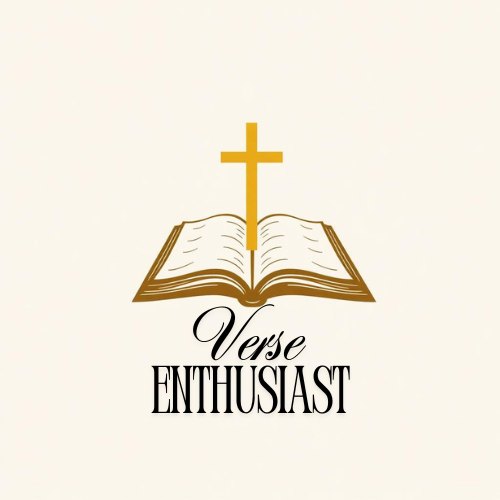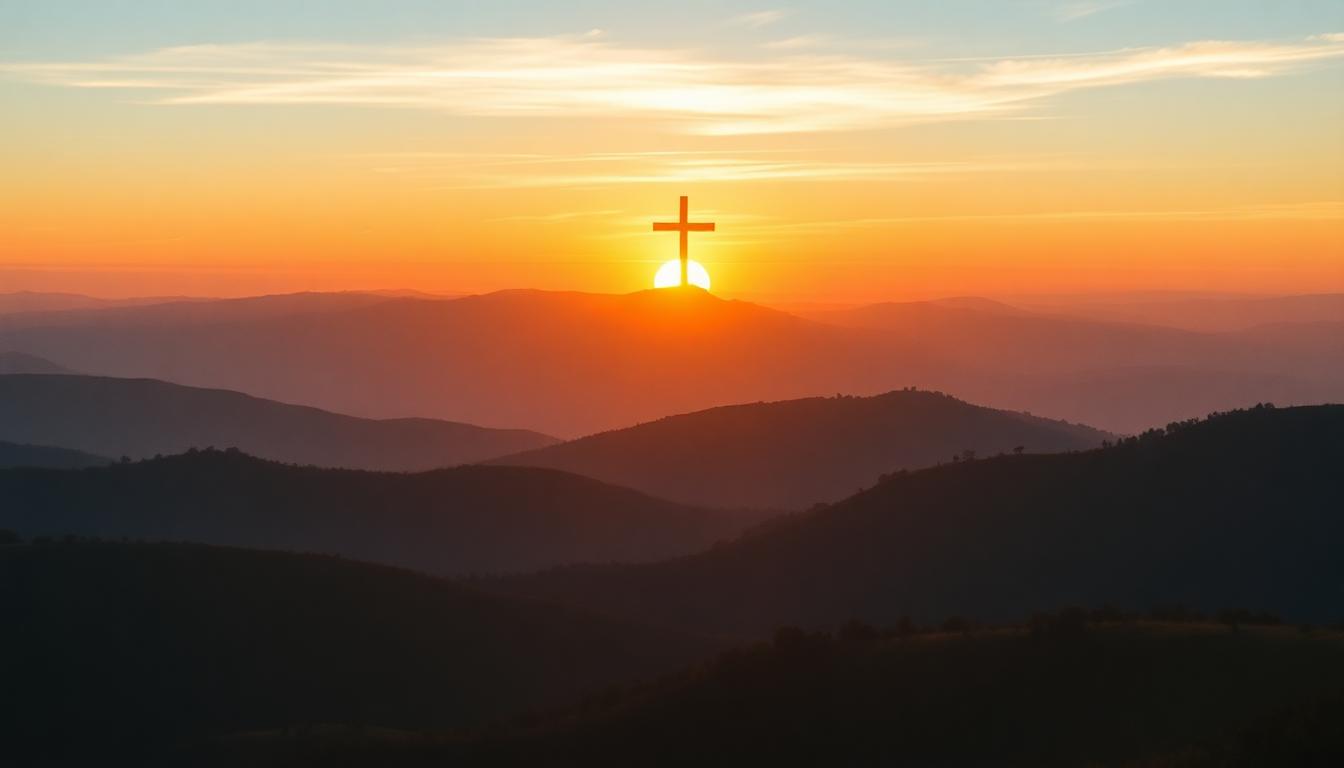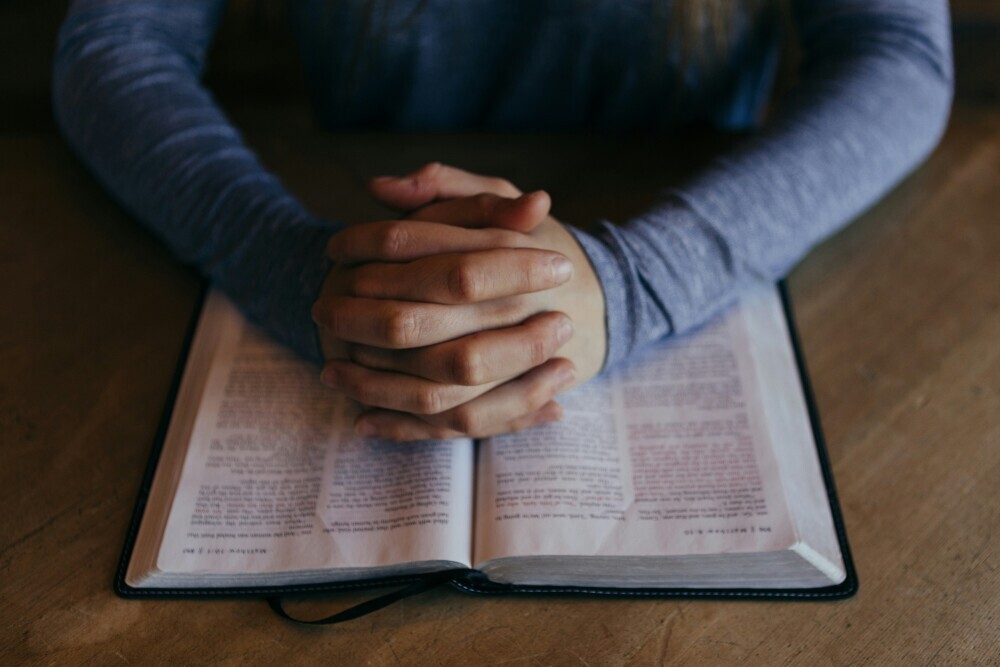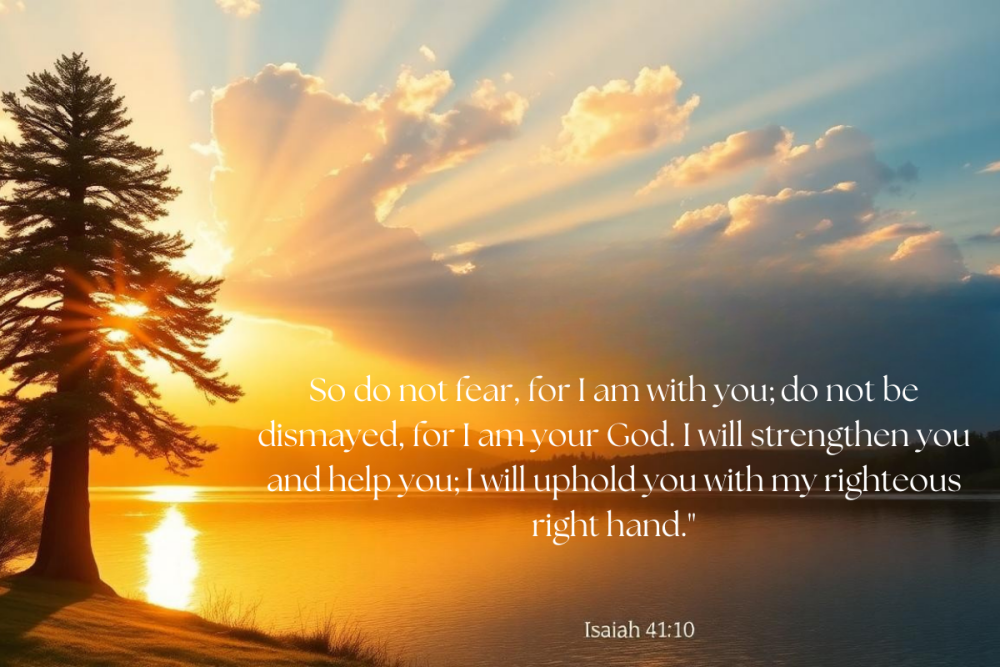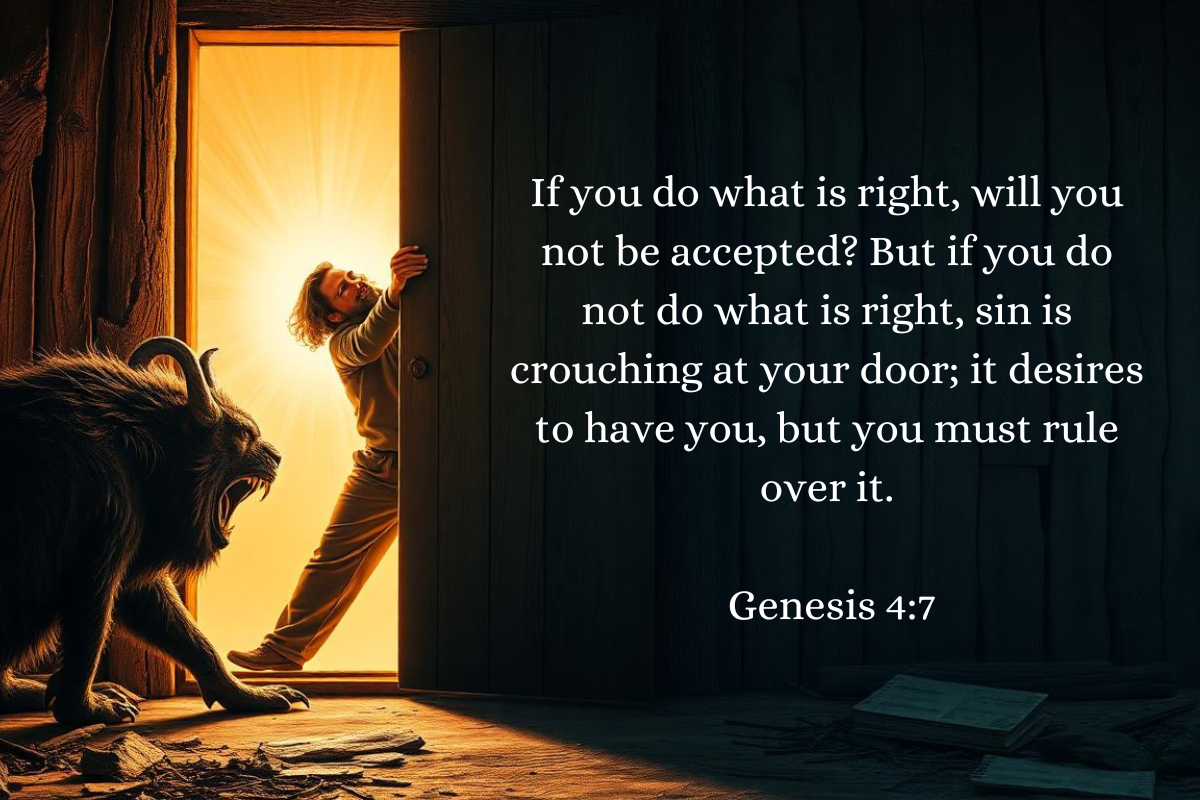Life often feels overwhelming, filled with uncertainty, challenges, and moments of doubt. In these times, Psalm 23 stands out as a timeless reminder of peace and assurance. With its imagery of green pastures, still waters, and God as our shepherd, it offers unparalleled comfort. It paints a picture of a God who restores, guides, protects, and provides abundantly, even in life’s darkest valleys. Let’s explore this powerful psalm and uncover how its promises speak directly to the struggles we face today.

Psalm 23 (NIV)
“The Lord is my shepherd, I lack nothing.
He makes me lie down in green pastures,
he leads me beside quiet waters,
he refreshes my soul.
He guides me along the right paths for his name’s sake.
Even though I walk through the darkest valley,
I will fear no evil, for you are with me;
your rod and your staff, they comfort me.
You prepare a table before me in the presence of my enemies.
You anoint my head with oil; my cup overflows.
Surely your goodness and love will follow me all the days of my life,
and I will dwell in the house of the Lord forever.”
A Closer Look at Psalm 23
Psalm 23 is one of the most well-known and beloved passages in the Bible. Written by King David, it is an intimate and poetic reflection on God’s provision, care, and protection. This psalm paints a picture of trust, peace, and eternal reassurance in the presence of God. Let’s break it down and explore its imagery and meaning.
1. “The Lord is my shepherd, I lack nothing.”
David begins with the metaphor of God as a shepherd. A shepherd’s role is to care for, guide, and protect the sheep—a vulnerable and dependent animal. This comparison illustrates God’s total provision for our needs. It’s also deeply personal, emphasizing a one-on-one relationship: “The Lord is my shepherd.”
To lack nothing doesn’t mean we’ll always get what we want but that God meets our deepest needs—spiritual, emotional, and physical. True contentment comes from trusting in His care.
2. “He makes me lie down in green pastures, he leads me beside quiet waters, he refreshes my soul.”
These lines evoke a sense of rest and peace. In the chaos of life, God creates spaces where we can pause, recharge, and find stillness. Sheep rest only when they feel safe, and this verse reflects the safety that comes from God’s presence.
The “green pastures” suggest abundance and nourishment, while “quiet waters” reflect calm and restoration. Together, they show the deep refreshment God offers, not just to the body but to the soul.
3. “He guides me along the right paths for his name’s sake.”
God’s guidance is purposeful and rooted in His character—“for his name’s sake.” This means that He leads us according to His righteousness and faithfulness, not based on our merit. Such guidance steers us away from harm and toward paths of wisdom and blessing.
Even when we feel unsure about life’s direction, we can trust that God’s leading aligns with His perfect will for us.
4. “Even though I walk through the darkest valley, I will fear no evil, for you are with me; your rod and your staff, they comfort me.”
Life isn’t without its challenges, symbolized by the “darkest valley” (often translated as the “valley of the shadow of death”). This is a reminder that faith doesn’t exempt us from hardship. However, it is God’s presence with us in these dark seasons that brings comfort and courage.
The shepherd’s rod and staff are tools of protection and guidance. God doesn’t remove every danger, but He walks with us, offering comfort and safety in the midst of trials.
5. “You prepare a table before me in the presence of my enemies. You anoint my head with oil; my cup overflows.”
This shifts to imagery of hospitality and honor. God not only provides for us but does so abundantly—even in the face of opposition.
In Biblical times, anointing with oil was a symbol of blessing and favor. It represents how God bestows His grace on us, causing our “cup”—our life—to overflow with His goodness and provision.
6. “Surely your goodness and love will follow me all the days of my life, and I will dwell in the house of the Lord forever.”
David closes the psalm with a declaration of faith and hope. God’s goodness and love aren’t temporary—they accompany us throughout life and into eternity.
To “dwell in the house of the Lord forever” reflects eternal communion with God. It’s a promise of an unbroken relationship that transcends earthly life.
Key Themes in Psalm 23
- God as Provider and Protector:
- The shepherd metaphor highlights God’s personal care for each of us. He provides for both physical needs (green pastures, quiet waters) and spiritual needs (refreshing the soul).
- Peace Through Trust:
- Whether we’re in abundance or in the “darkest valley,” Psalm 23 assures us that God’s presence brings peace.
- Hope for Eternity:
- This psalm reassures readers that God’s care doesn’t end with earthly life—it is eternal.
Life Lessons from Psalm 23
- Lean Into God’s Presence During Hard Times
- Fear fades when we truly realize God is with us. When facing trials, remember that God’s rod protects and His staff guides.
- Rest in God’s Plans
- The green pastures and quiet waters remind us that rest is necessary and sacred. Trust God to lead you to those seasons of renewal.
- Live With Gratitude
- Recognize the abundance God pours into your life. Even in difficulty, take note of the blessings that overflow like a full cup.
- Trust the Shepherd’s Way
- Sometimes God’s path for us isn’t what we expect, but trusting in His guidance ensures we are always walking toward His best for us.
Final Thoughts
Psalm 23 speaks to the heart in all seasons of life. It offers peace in chaos, courage in fear, and hope in uncertainty. At its core, it’s a psalm of trust—a declaration that no matter what we face, God is with us, providing, guiding, and ensuring that His goodness and love will follow us forever.
